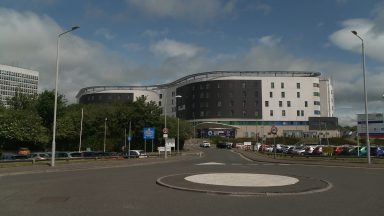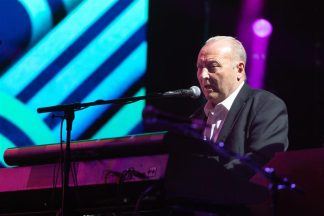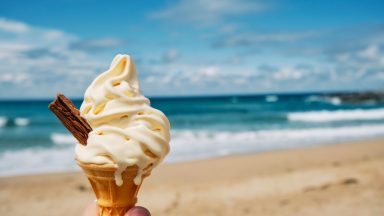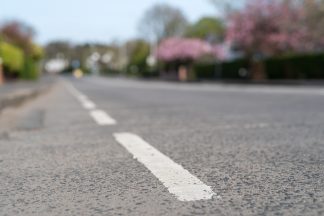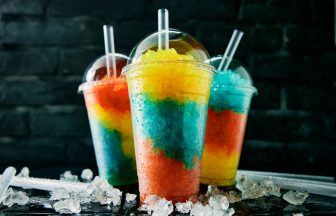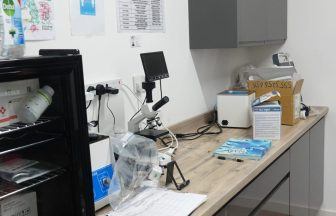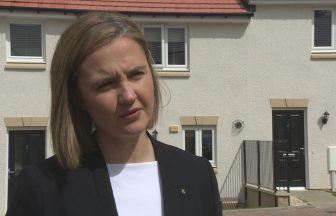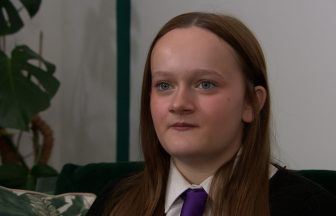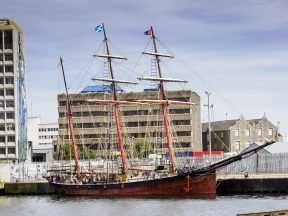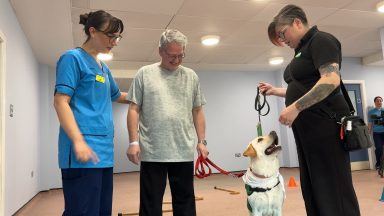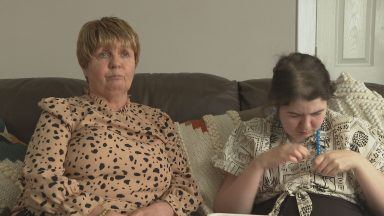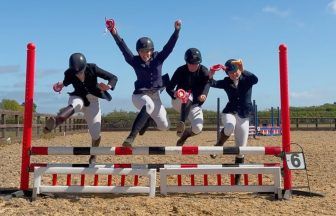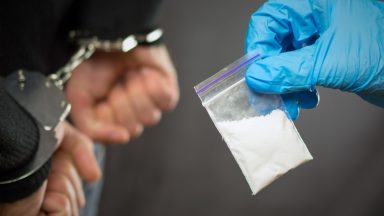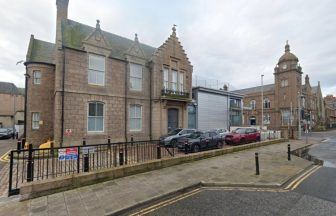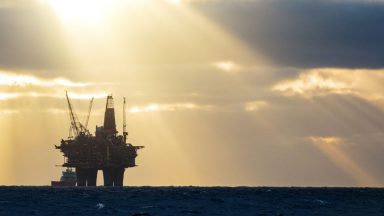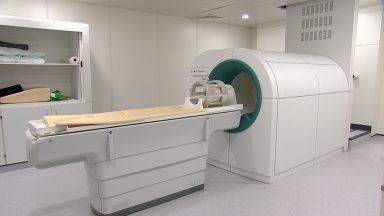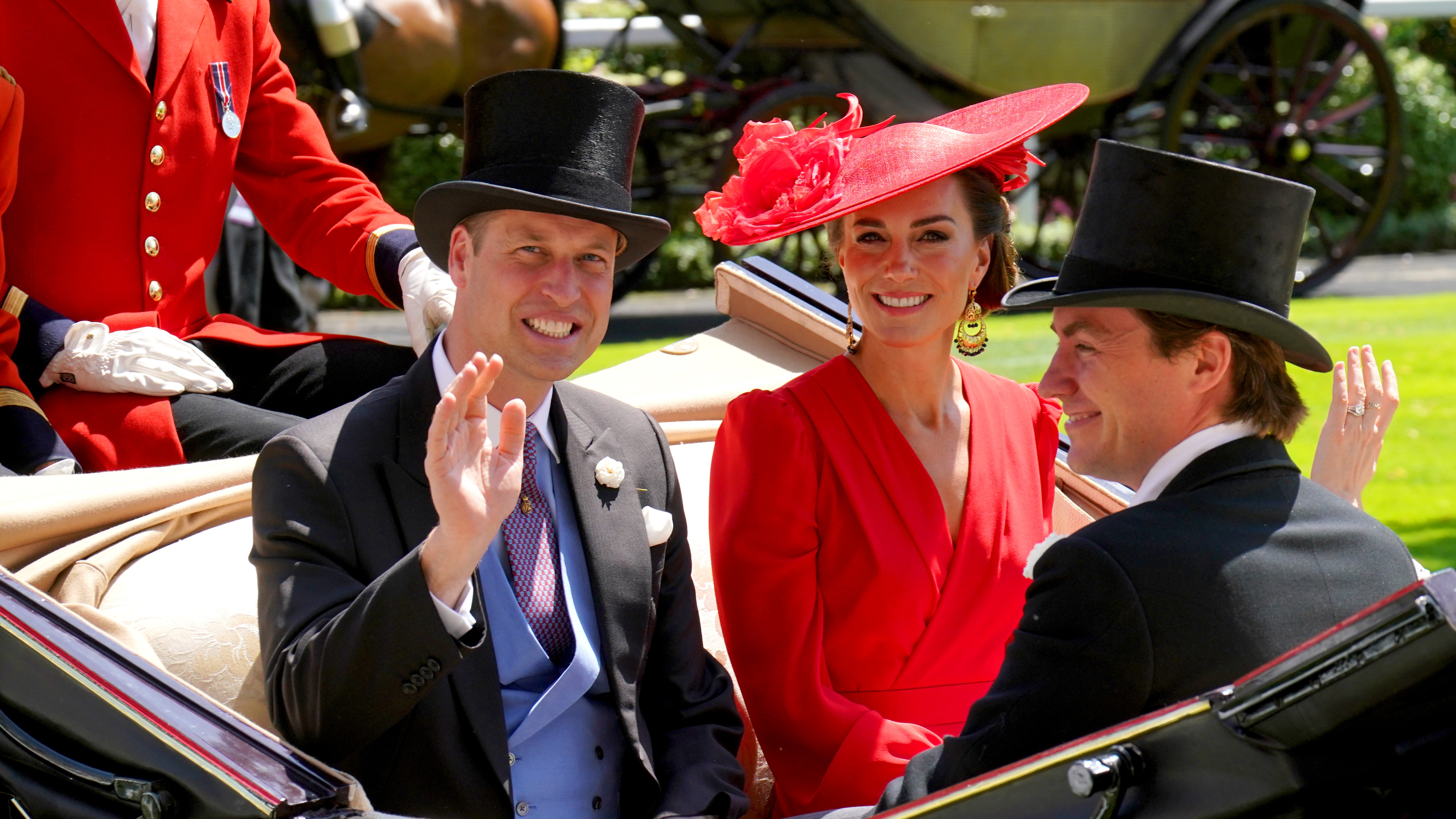Frozen semen from the 1960s has repopulated an extinct species of Aberdeen Angus cows, with one super-fertile bull named after the Prime Minister.
Farmers Geordie and Julia Soutar have been running a worldwide genetics project from their rural farm in Forfar, Angus, for 26 years.
Since the 1970s the Native Aberdeen Angus breed has become diluted with the prevalence of American beef in Britain.
In 1995 there were only nine Native cow families certified by Aberdeen Angus Society in the world, prompting the couple to start their breeding process the same year from their home at Kingston Farm.
While Aberdeen Angus beef is commonplace throughout the world, the Native breed – with a pure bloodline that can be traced back more than 150 years – is classed as “at risk”.
There are now 50 cows grazing at the couple’s farm, including one named after the Prime Minister.
Geordie said: “We began to look at the original cattle, the Native Angus with no imported genetics in the mid-90s.
“There were only around 20 cows left that had no imported bloodlines in them.
“Mostly they were old and mostly they were in calf to North American bulls, so we started to gather them up and sourced some old semen.
“To this day, we will still use semen that was collected in the 1960s.
“It’s frozen and stored in liquid nitrogen.
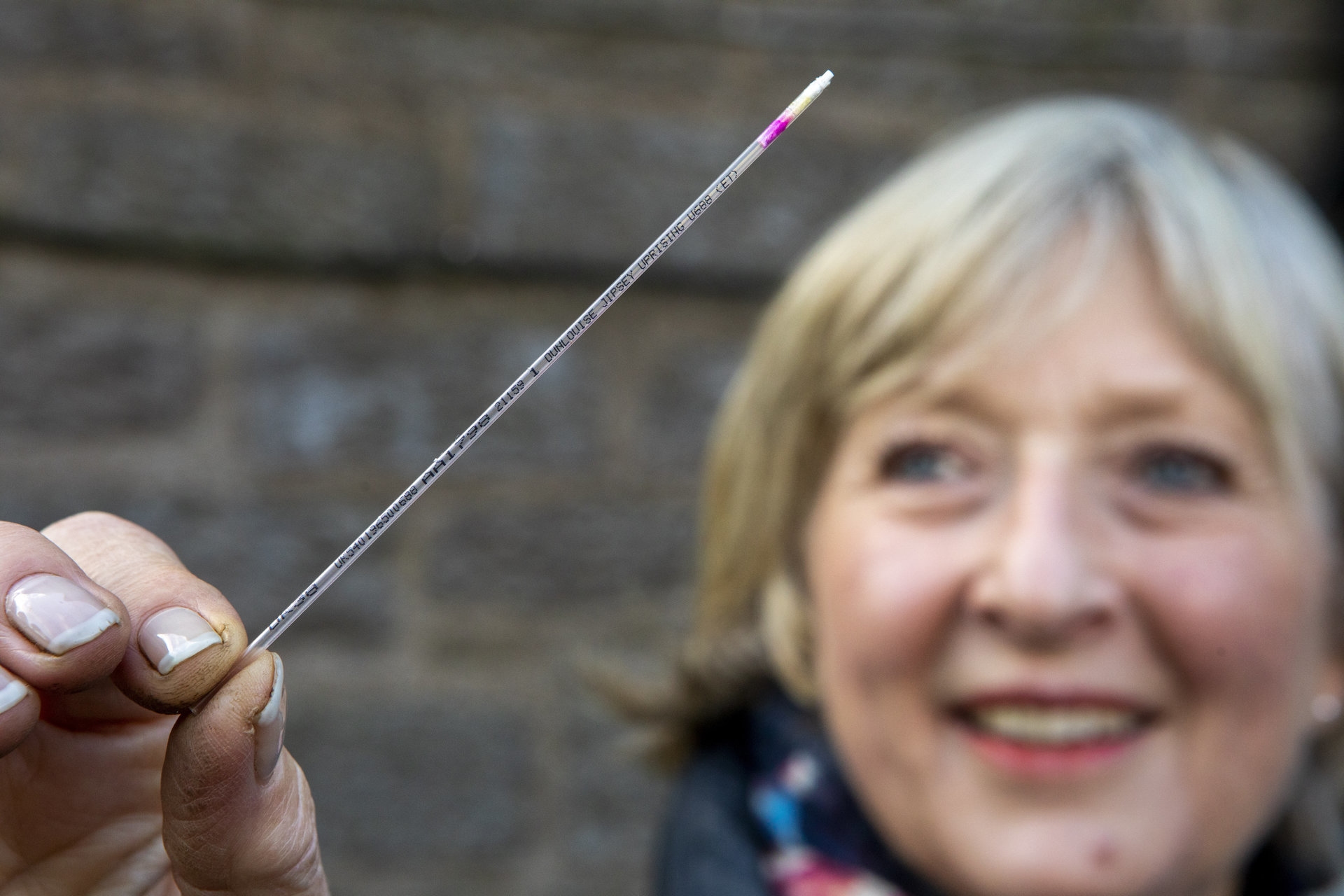 SWNS via SWNS
SWNS via SWNS“I would say, to be fair, the efficacy is probably not as high as 100% modern stuff but we can still get claves and that is how we have widened the genetic pool.
“Some of the early stuff I bought and as time went on we got some from the Rare Breeds Farm because they had a library of old semen.
“The conditions were you had to use it in a purebred cow because otherwise you were wasting it and not keeping the purity.
“It is the same as a person getting IVF, you’re messing a wee bitty with nature to create the result you want.”
The semen is packaged and sent around the world as far away as Colombia, Uruguay and Argentina.
Geordie added: “It’s not a nine to five, 40 hours.
“There are different time zones in some of the places we deal with so we’ve had to educate some of the people we deal with not to phone us at 2am to talk about cows.”
Their process started with impregnating the few remaining pure Native Aberdeen Angus cows with frozen sperm, a process known as selective breeding, resulting in a registered herd called the Dunlouise.
One bull born last year was dubbed ‘Dunlouise Champion Boris’, named after the Prime Minister who has an ambiguous number of children.
Geordie said: “We’re not sure if he’ll sire more progeny than the other Boris.”

Native Aberdeen Angus are fed on grass, rather than the grain diets given to other breeds, resulting in a higher concentration in healthy fats such as Omega 3 and with additional health benefits for the consumer and the environment.
Geordie said: “There is no doubt people are more conscious as to what they eat and so the quality is very important.
“This is the reason for farm shops, they have the provenance and the story to tell and people want to know these things.
“Meat is an essential part of our diet and you need to make sure you’re eating good beef.
“These cattle have stayed the test of time.
“I’m not a scientist and I don’t want to get in arguments with people who know more than me but there is no doubt grass captures carbon and also smaller animals have a smaller footprint.
“You can keep more of them on an acre of ground and they are quite efficient.
“And we can go where you can’t grow grain.
“Native Angus are hardy animals, we can access ground that is not suitable for grain, which is why they have been so successful in other parts of the world.”
Follow STV News on WhatsApp
Scan the QR code on your mobile device for all the latest news from around the country


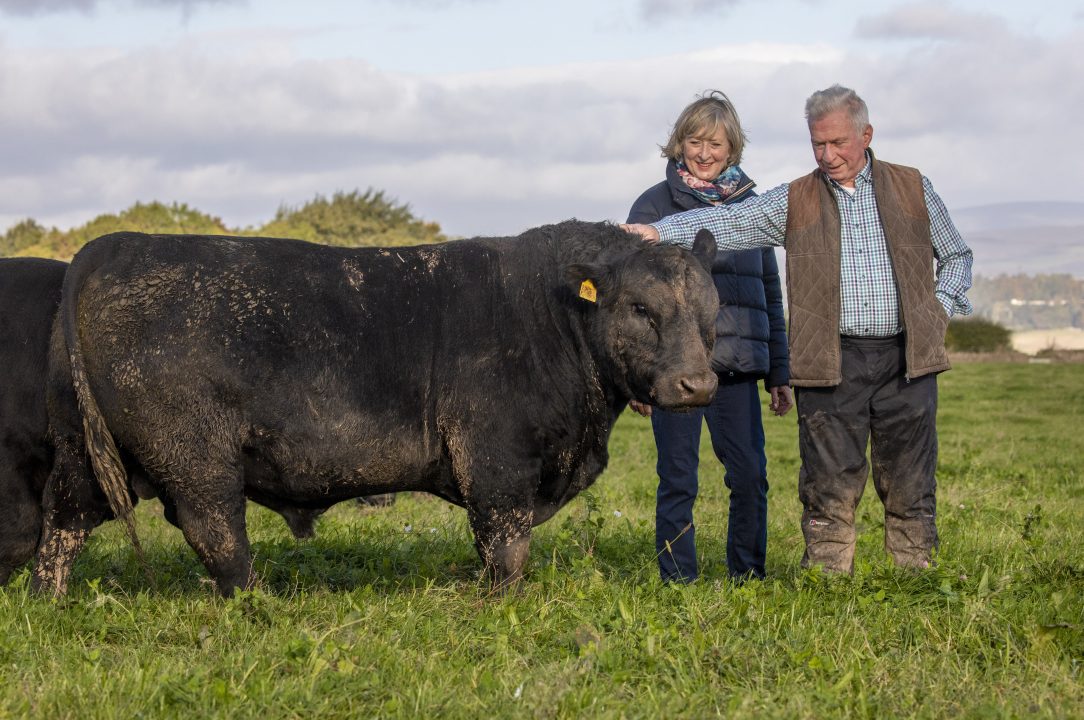 SWNS via SWNS
SWNS via SWNS